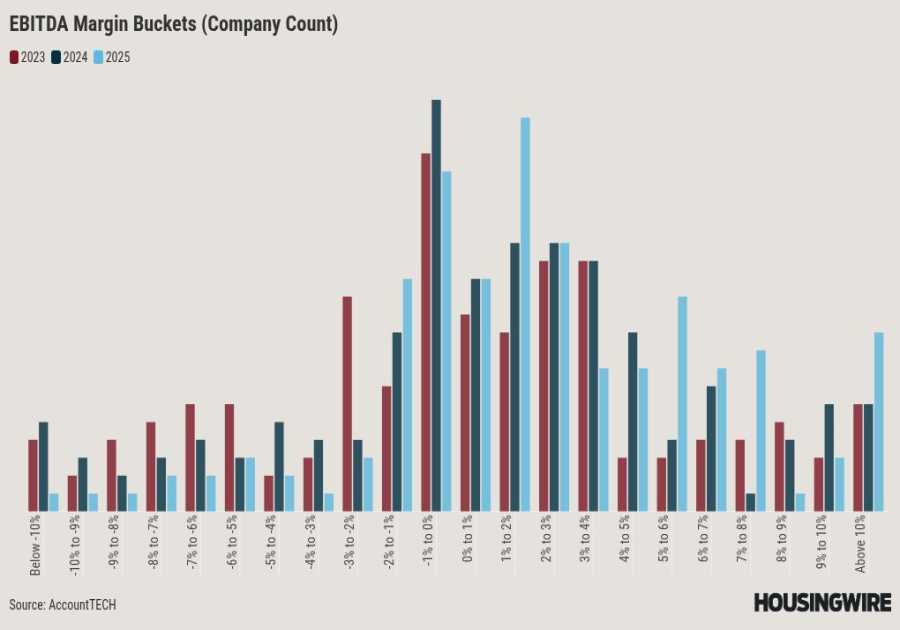
seksan Mongkhonkhamsao/Getty Images
- The internet provides opportunities for business owners, but also provides room for scammers.
- "Real Housewives" star Jennifer Shah received 6.5 years in prison for scamming business owners.
- An entrepreneurship professor shares her advice on avoiding potential online scams.
The online world of business is increasingly complex. More founders are launching digital brands like virtual-assistant services, social-media agencies, and coaching companies. But with the surge of online brands also comes the surge of online scams.
This month, a judge sentenced Jennifer Shah, a star of "The Real Housewives of Salt Lake City," to six-and-½ years in prison for a telemarketing scheme defrauding thousands of victims.
Shah had been selling customers' contact information, which she obtained as victims invested in bogus business opportunities and spent money on services like web design and tax preparation, according to NPR.
"There is a difference between 'business coaches' and 'business opportunities,'" Cynthia Franklin, an adjunct professor of entrepreneurship and the director of the Berkley Center for Entrepreneurship at New York University Stern, wrote in an email.
Business coaches — a community that's also growing on social media — provide guidance and mentorship. Meanwhile, "business opportunities," which often focus on instant financial success, "have a more significant potential for abuse," Franklin said.
With the rise of digital businesses and the increasing number of individuals looking to earn ancillary income to prepare for a potential recession, Insider gathered advice on how to avoid scams when starting a business online.
Look out for false promises and pressures that indicate a scam
When starting a business, it can be enticing to sign up for services and programs that promise increased sales, more customers, or instant growth. In fact, the hashtag "#businesscoach" appears more than 5.3 million times on Instagram and has more than 302 million views on TikTok.
But if a services make promises like "guaranteed income, large returns, or a 'proven system,'" that can indicate it's a scam, the Federal Trade Commission said.
"Business opportunities are focused on a financial outcome in a relatively short period," Franklin said. "The biggest red flag to avoid is someone trying to get you to make a financial commitment on first contact without giving you time to think things over."
Legitimate coaches may offer incentives to "act quickly," but there will never be pressure to do so, she added.
What's more, "any product or service that doesn't offer a trial period or an opportunity to back out if you change your mind," could be fraudulent, Franklin said.
Vet potential coaches
To be sure, coaching programs can work for entrepreneurs looking for specific guidance on ideas they need help with, problems they're looking to solve, or missions they're passionate about, Franklin said. If that — not just making money fast — is the goal, a vetted coach can be helpful. But the online-coaching space is unregulated, meaning there isn't a set of required classes, courses, or credentials that coaches must obtain to work with clients. This makes finding a qualified coach difficult, Insider previously reported.
It becomes especially important to verify all claims and customer reviews for potential coaches.
"As with any transaction, you should always read the privacy statements, terms of service, or other documentation regarding how your data will be collected, stored, and used," Franklin said.
Next, references and reviews should describe specific results and list a person's first name, last name, title, and the company they founded so you can look them up and determine whether a legitimate customer wrote the reference or review.
Lastly, Google can help find any legal complaints about the product or service provider.
If you're unsure about the digital-coaching industry, there are alternative options to business growth. Franklin suggested founders join support groups such as Business Network International, alumni networks, or industry-specific trade associations for connections to reputable folks you can trust.
Read More
By: [email protected] (Alexandra York)
Title: In the era of online scams, here's how to not get tricked when starting a digital business
Sourced From: www.businessinsider.com/how-avoid-getting-scammed-online-business-owner-2023-1
Published Date: Thu, 12 Jan 2023 14:12:15 +0000
.png)





